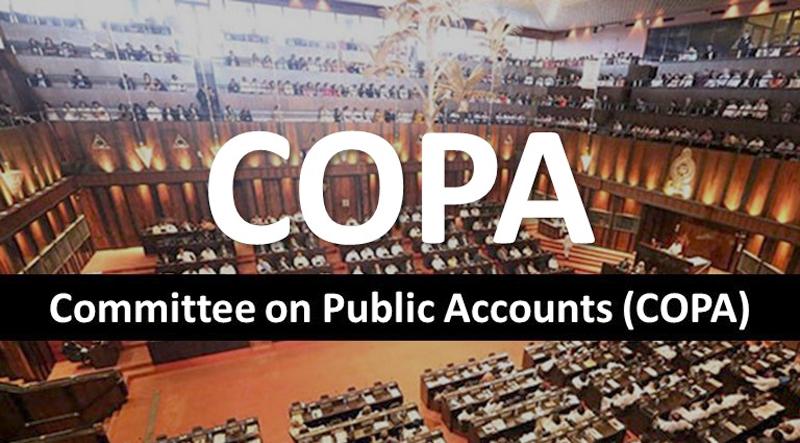
The Committee on Public Accounts (COPA) at its recent meeting was told that 4,619 medical supplies worth Rs. 10,193 million had been purchased from 2011 to 2016 without the recommendation of the Formulary Revision Committee.
The COPA meeting chaired by MP Prof. Tissa Vitarana reviewed the Auditor General’s Special Audit Report dated March 14, 2018 on the Medical Supply Process carried out by the Medical Supplies Division of the Ministry of Health, Nutrition and Indigenous Medicine.
It was revealed that comparatively Sri Lanka had purchased 19,844 medical supplies items by 2017 compared to other countries. The committee also revealed that 8,945 “Trastuzumab injection 440mg with solvent in 20ml vials” called “Herticad” had been bought from one supplier in the local market on 14 occasions in 2018 and 2019 at a cost of Rs. 891 million. The Committee had to bear an additional cost of Rs. 230.9 million due to the rejection of the minimum bid in these transactions. COPA also inquired from the Ministry of Production, Supply and Regulation of Pharmaceuticals regarding the additional expenditure of Rs.5,166 million from 2007 to 2016. This situation had arisen due to the delay in the procurement process and the need to procure medical supplies from the local market to avoid a shortage of medical supplies.
The National Audit Office pointed out at the COPA that it has been confirmed that medical supplies enter the country annually without confirmation of the quality of medical supplies and that the damage caused to patients cannot be quantified.
The Committee also questioned the officials regarding the fact that no action had been taken to improve the physical and human resources status of the Drug Quality Assurance Laboratory in 2016.
The Committee focused on a number of issues such as failure to introduce a methodology to test the quality of a sample of all purchased medical supplies, deficiencies in the recovery for substandard medical supplies, issuance of substandard medical supplies to patients, non-printing of the emblem of Sri Lanka on medical supply containers, non-maintenance of medical supply stores, non-issuance of GRNs immediately upon receipt of medical supplies, failure to properly store and distribute medical supplies received as donations, expiration of medical supplies, non-updating of Medical Supply Management Information System (MSMIS).
